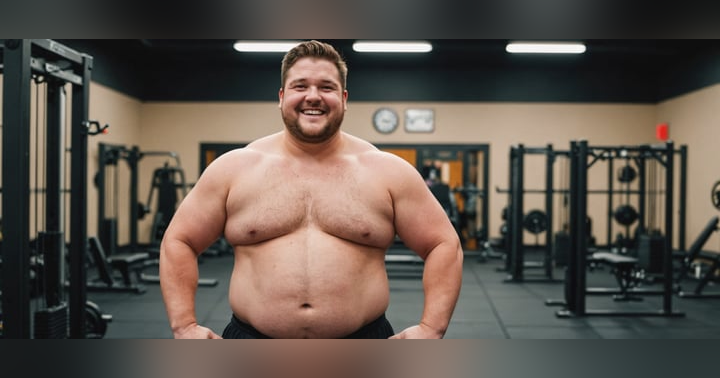Authenticity Unmasked: Navigating Mental Health for Gay Men

Oh, Shit, We're Really Doing This
Here we are, diving headfirst into the deep end. Buckle up because we're about to explore some real truths.
In an earlier blog post, I explained that I launched A Jaded Gay to create a space for like-minded gay men to discuss the unique challenges we face compared to our straight counterparts regarding dating and protecting our emotional well-being.
In 2017, when I chose to become more conscious of gay men’s mental health, one of the first resources I stumbled across was an article called The Epidemic of Gay Loneliness by Michael Hobbes. This was an eye-opener for me, delving into the heightened risks of drug use, body image struggles, and mental health issues among gay men compared to our straight peers.
In the article, Hobbes notes the stark divergence between his straight and gay friends. Shockingly, he cites a statistic that gay people are between two and ten times more likely to die by suicide compared to their straight peers and twice as likely to have a depressive episode.
The conclusion? It's dangerously alienating to go through life as a man attracted to other men.
Many researchers thought that once someone came out, they could begin building their lives just like their straight counterparts. Contrary to these assumptions, coming out often doesn't alleviate these struggles. In fact, it can exacerbate them.
Research has shown higher rates of anxiety and depression among recently out gay men compared to those still closeted.
Growing Up Gay Results in Trauma
In the article, William Elder, a psychologist specializing in sexual trauma, explains that growing up gay often entails ongoing trauma rather than isolated incidents.
Think back to middle school—how many of us were bullied for being too effeminate, not being good at sports, or not dating girls? These small stressors add up over time, even into early adulthood.
In adulthood, we may feel lonely because we don't fit into the straight world. But we're also lonely because we're being rejected by our own gay world. Dating apps have exacerbated this issue, as they often lead to superficial connections and further rejection based on appearance, body size, or race.
Reading The Epidemic of Gay Loneliness introduced me to a book by Dr. Alan Downs called The Velvet Rage: Overcoming the Pain of Growing Up Gay in a Straight Man's World.
It made me consider how different my life has been compared to my straight friends and family, reflecting many of my own experiences navigating gay identity and relationships without clear role models.
In it, Downs outlines three stages of gay shame:
- Overwhelmed by Shame: This phase encompasses the time spent in the closet, grappling with fear over acknowledging our own sexuality.
- Compensating for Shame: This involves efforts to mitigate shame by presenting a flawless exterior, often resulting in superficial achievements.
- Discovering Authenticity: This stage involves constructing a life rooted in genuine passions and values rather than seeking validation solely through perceived desirability.
As a result of this shame, some gay men may harbor anger, stress, anxiety, and depression from not receiving the authentic validation they needed as children. The root of our trauma comes from being a gay man in a straight world with a hyper-masculine culture.
Achieve Authenticity by Embracing Your Passions
As such, growing up gay may have left us lacking authentic validation. Therefore, we need to work through this trauma and achieve authenticity by finding our passions and values and proving that we are enough for ourselves.
To do so, Downs offers several areas of support for achieving authenticity:
- Make decisions based on the man you wish to become
- Make choices that contribute to your inner peace
- Search for contentment versus approval
- Take a non-judgmental stance whenever possible
- Respect your body
- Don’t obsess over pain
- Relinquish the urge to always be right
- Don’t let your sexual tastes filter who you allow into your life
- Keep your inner circle safe and sacred
- Accept that joy in life comes from how we live, not from success
By incorporating these practices into our daily lives, we can begin to overcome our trauma and form fulfilling relationships. This journey isn't easy, but it's essential. Let's take action, trust ourselves, and build a life rooted in authenticity and passion.
And remember. Every day is all we have, so you've got to make your own happiness.
For more information on this topic, listen to Episode 01. Hello, Trauma. It's Me, Rob.
Tune into your favorite podcast player every Tuesday for new episodes of A Jaded Gay.


















